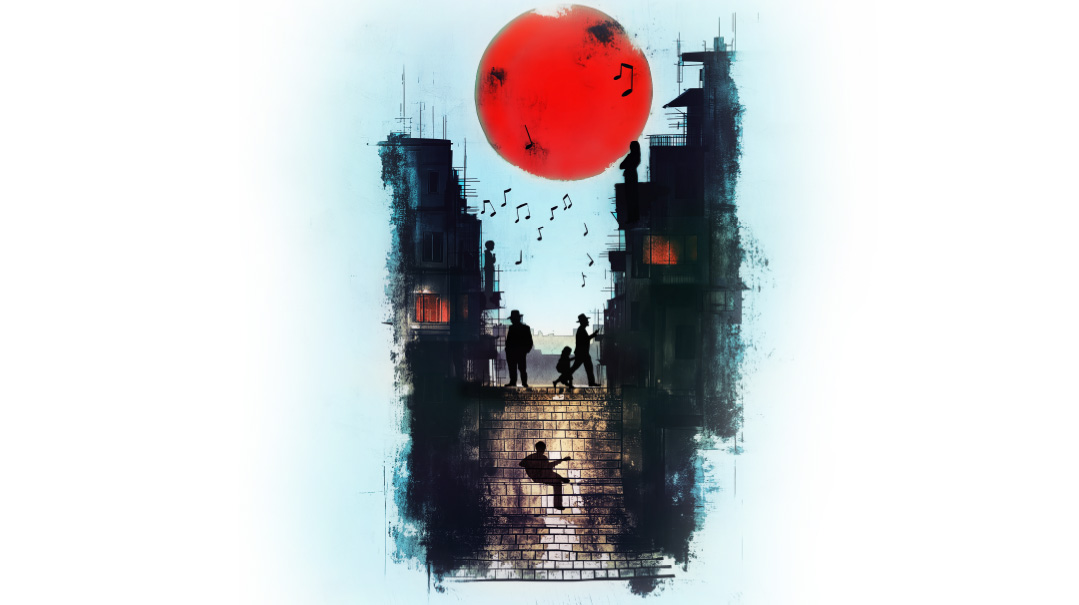Last Stop: Chapter 2
| February 21, 2023Rivky laughs. “Well, I’m stupid and vain sometimes,” she says easily. It’s true, but Rivky is so cheerful about it that Chana can’t hold it against her

ON the way to shul, distracted by her conversation with her sister-in-law, Chana Hartman trips on a neighbor’s tricycle and breaks one of her heels. She only wears them when Rivky and Eliezer come for Shabbos — only remembers them in the face of Rivky’s perfectly styled sheitel and fashionable dresses — and apparently, she’s forgotten how to walk in heels.
One moment, she’s talking to Rivky about their ten-year-old girls’ school drama, and the next, she’s flat on her back.
“Chana! Chana, are you okay?” Rivky is peering down at her.
“I’m fine,” Chana says automatically, even though it’s an outrageous lie. She is not fine. Her back is aching, her hip is flaming with pain, her sheitel is probably a wreck. And are her stockings torn?
Rivky kneels next to her, brown eyes bright with concern. “You haven’t fallen like that since that time in high school when you toppled off the stage.”
“I jumped!” Chana protests. “There were mats on the floor! It was a Purim shtick!”
Rivky’s eyebrows shoot up to her hairline as she gently helps Chana to her feet. “You sprained your ankle,” she reminds her. “We were banned from the auditorium.” She shakes her head. “It was ridiculous.”
“Is that why you told Naftali I was clumsy when you set us up?” It’s been 16 years, and she’s still lightheartedly holding that against Rivky. Naftali can sometimes be a touchy topic between them, but Chana is past caring right now. She’s injured. “I should just stay home. We’re already late.”
“No, don’t.” Rivky guides her back home, Chana limping on her lopsided heels. “Just change shoes quickly and let’s go. You love going to shul.”
Oops! We could not locate your form.



